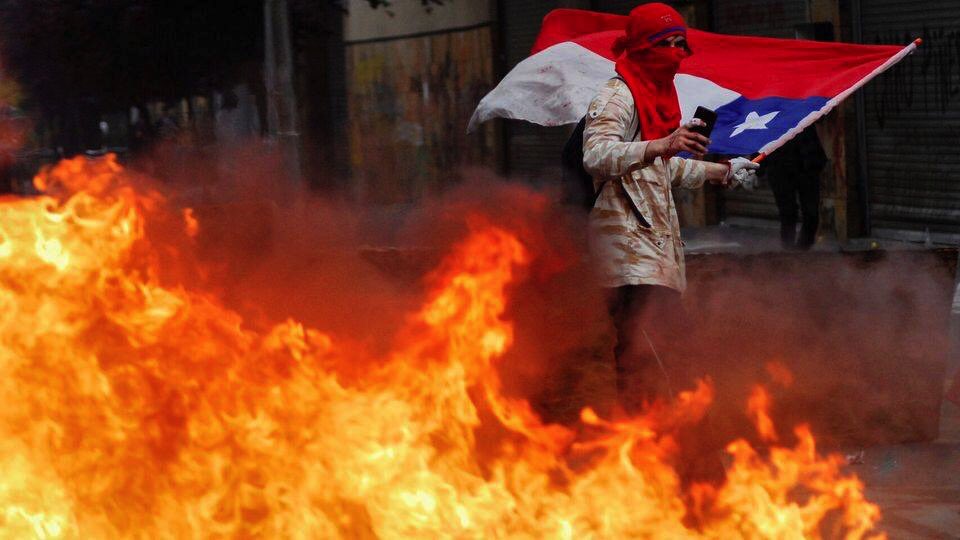By Shaan Katari Libby
The United Nations has been calling upon India to release its growing list of political prisoners. In recent days, the Secretary General has called on Myanmar’s military and police to ensure that the right of peaceful assembly is fully respected and demonstrators are not subjected to reprisals. According to Assistance Association for Political Prisoners, an NGO, around 700 individuals have been detained, many arbitrarily and without charges, trials and legal representation, and families are not able to locate or contact them.
A political prisoner, according to the Parliamentary Assembly of the Council of Europe, is a person deprived of his or her personal liberty, provided the detention has been imposed in violation of one of the fundamental guarantees set out in the European Convention on Human Rights and its Protocols; if the detention has been imposed for purely political reasons without connection to any offence; if, for political motives, the length of the detention or its conditions are clearly out of proportion to the offence the person has been found guilty of or is suspected of; if, for political motives, he or she is detained in a discriminatory manner as compared to other persons; or, if the detention is the result of proceedings which were clearly unfair and this appears to be connected with political motives of the authorities.
In other words, political prisoners are imprisoned because they have opposed the government in some way. The political prisoner often exists in a stage of legal limbo, without access to representation, as his very existence is denied. Cruel and inhumane methods of punishment are often used, without any hope of oversight or intervention.
There are some examples of political prisoners that are well-known to us. In 1961 in a letter that served as a catalyst for the establishment of the international human rights organisation, Amnesty International, Peter Benenson coined the term “prisoner of conscience” to describe two Portuguese students who had been sentenced to seven-year prison terms for their alleged “crime”. The term prisoner of conscience essentially means imprisoned for your thoughts.
Having such prisoners has its advantages for countries. They lock up any Opposition member and use political prisoners as bargaining chips with other countries. For instance, Iran has held hostage Nazanin Ratcliffe as a bargaining chip over a long-standing debt that Britain owed it for a tank deal that was never fulfilled.
Abuses suffered by these political prisoners go against several articles of the Universal Declaration of Human Rights. Article 5 says: “No one shall be subjected to torture or to cruel, inhuman or degrading treatment or punishment.” Article 6 says: “Everyone has the right to recognition everywhere as a person before the law.” Article 9 says: “No one shall be subjected to arbitrary arrest, detention or exile” and Article 18 is: “Freedom of thought, conscience, and religion.” The existence of contemporary political prisoners highlights the fact that States holding them are acting in disaccord with several major international humanitarian agreements.
Famous political prisoners from the recent past include Nelson Mandela, who joined the African National Congress (ANC) in 1944 and took part in resistance against the largely white, ethnic-Afrikaner National Party’s apartheid policies. After a marathon Treason Trial from 1956-1961, Mandela was imprisoned and eventually released in 1990, after which he became the leader of the ANC. In 1994, he was voted in as the country’s first black president.
Another well-known political prisoner jailed for his thoughts was Ho Chi Minh who was struggling against French colonialists, distrusted by the Chinese and imprisoned. He too eventually went on to liberate Vietnam from the French in 1954. More recently, there is Alexei Navalny, the Russian Opposition leader who was poisoned by a nerve agent and detained.
Certain countries like Iran will sentence for “insulting the Supreme Leader” or having membership of groups contrary to governmental interests. A case in point here is Hamed Gharehoghlani, who, according to Amnesty International, was given a “grossly unfair” trial that lasted 10 minutes.
In our country, Gandhiji served in jail very often. The same applies for Jawaharlal Nehru. Disha Annappa Ravi, a youth climate change activist and a founder of Fridays For Future India, was arrested on February 13, 2021, for an alleged involvement with an online toolkit related to global climate activist Greta Thunberg, leading to the farmers’ protests gaining international attention. Poets, professors and activists are being put in jail arbitrarily. Political persecution is a real threat to democracy and therefore, requires special attention from civil society and the international community.
Returning to Myanmar where Aung San Suu Kyi remains under house arrest, protestors are being killed daily by the military. What is equally concerning are the restrictions on internet and communication services. The disruption of these effectively leads to the curtailment of freedom of expression, including access to information.
This is also a test bed for other potentially totalitarian regimes who will, no doubt, be watching how the world reacts to this crackdown on democracy. And, if the world continues to do nothing apart from reporting daily deaths, then we can be sure that the number of political prisoners the world over will increase and we have hard days ahead.
—The author is a barrister-at-law, Honourable Society of Lincoln’s Inn, UK, and a leading advocate in Chennai
Read Also: Delhi HC seeks response from Centre in The Quint’s challenge to IT Rules


